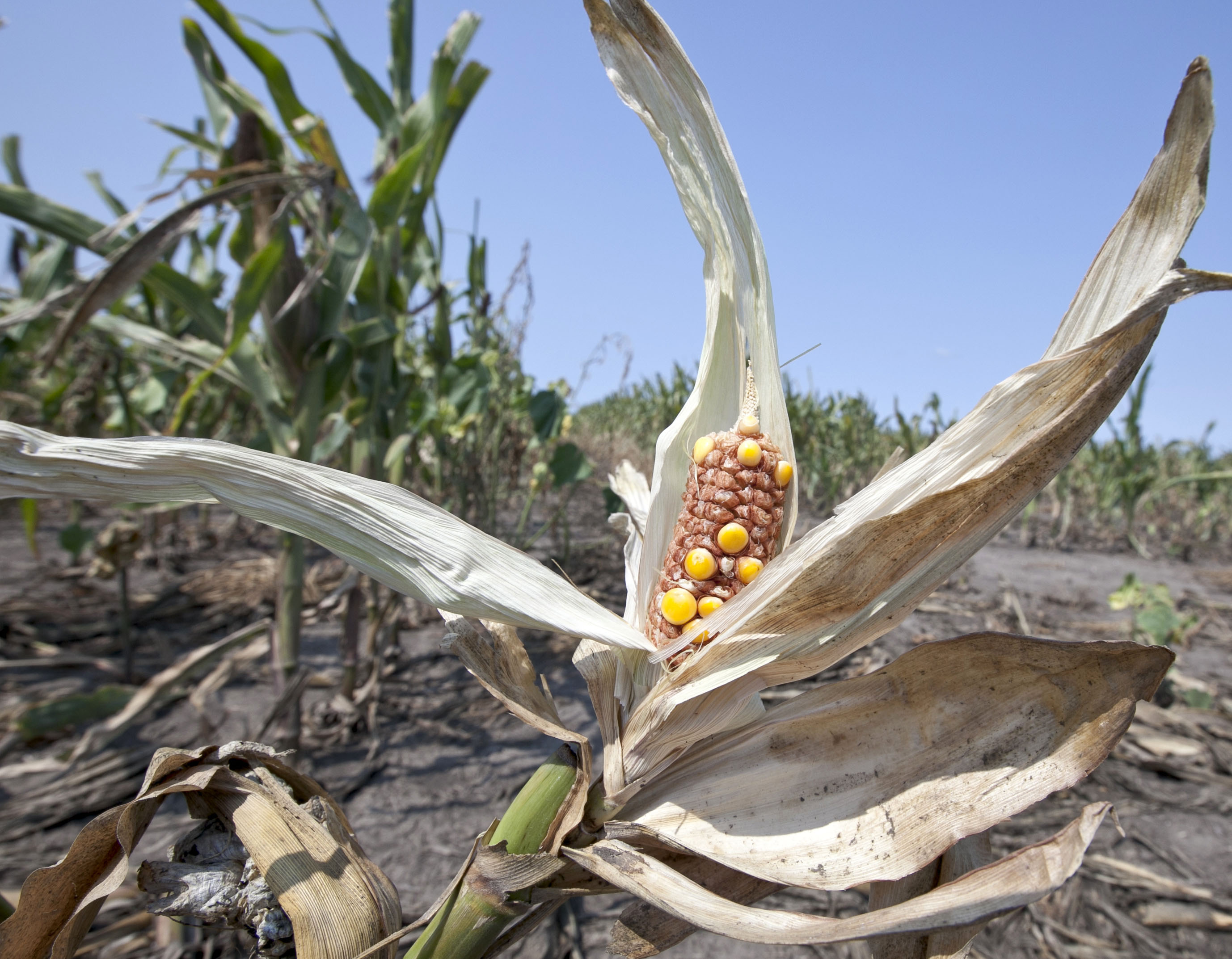When Tunisian street vendor Mohamed Bouazizi set himself on fire Dec. 17, 2010, it was in protest at heavy-handed treatment and harassment in his province. But a host of new studies suggest that a major factor in the subsequent uprisings that became known as the Arab Spring was food insecurity.
Drought, rocketing bread prices, food and water shortages have all blighted parts of the Middle East. Analysts at the Center for American Progress in Washington say a combination of food shortages and other environmental factors are exacerbating the already tense politics of the region. An unpublished U.S. government study indicates that the world needs to prepare for much more of the same as food prices spiral and long-standing agricultural practices are disrupted by climate change.
"We should expect much more political destabilization of countries as it bites," said Richard Choularton, a policy officer in the U.N. World Food Program's climate change office. "What is different now from 20 years ago is that far more people are living in places with a higher climatic risk: 650 million people now live in arid or semiarid areas where floods and droughts and price shocks are expected to have the most impact.


















With your current subscription plan you can comment on stories. However, before writing your first comment, please create a display name in the Profile section of your subscriber account page.